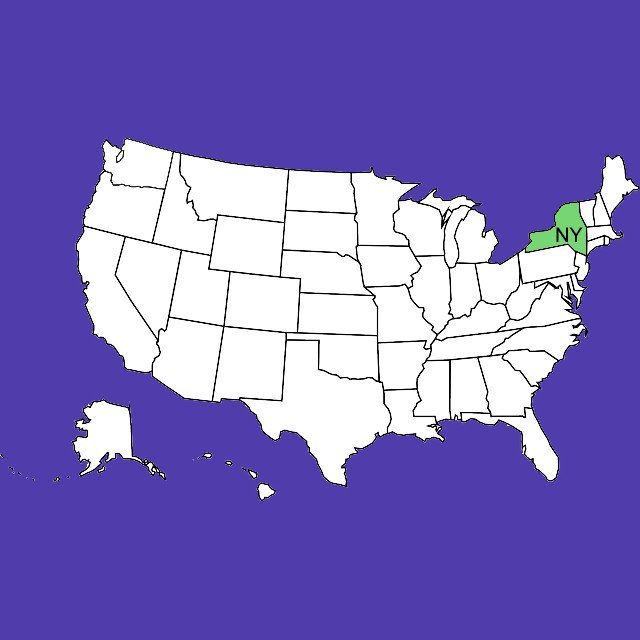
As we previously broadly summarized on October 31, 2022, the Office of Cannabis Management (OCM) released its “Guidance for Adult-Use Dispensaries” (the Regulations) on Friday, October 28, 2022. The Regulations provide guidance for Conditional Adult-Use Retails Dispensary (CAURD) licensees and applicants. Last week, at a hearing with the Cannabis Control Board, it was announced that 36 CAURD applicants were granted a license.
The information contained in the Regulations is a mix of substantive requirements, operational guidance and insight into the OCM’s plans for the issuance of licenses and operation of New York’s cannabis industry. As part of our series explaining and detailing the Regulations, this post is to provide licensees with guidance on the best practices for training employees working at your retail dispensary. Of course, this post cannot go into each and every detail of the Regulations; however, it should serve as a basis for your knowledge going forward. As usual, we encourage you to review the Regulations and consult with an attorney.
Employee Hiring
First and foremost, a Licensee cannot hire anyone under the age of eighteen (18) and only workers who are at least twenty-one (21) years of age can have direct interactions with customers inside the dispensary, transport cannabis products in any way, or be involved in any delivery operations. Presumably, the only jobs that can be done under 18 are for stocking, cleaning and security.
Licensees must designate an Employee in Charge who is twenty-one (21) years of age or older, responsible for managing the core day-to-day function of the dispensary. The Employee in Charge is probably the most important hire a Licensee will make. The Employee in Charge is the person responsible for submitting required reports and notifications to the Office of Cannabis Management (the “OCM”). The Employee in Charge must also maintain the dispensary’s staffing plan and update the plan within five (5) business days of any change in an individual’s employment status. When hiring, take note that an individual cannot be the Employee in Charge of more than one dispensary at a time, so there may be increased competition.
The Employee in Charge is also responsible for managing the core day-to-day function of the dispensary. This is the person responsible for submitting required reports and notifications to the Office. The Employee in Charge must maintain the dispensary’s staffing plan containing the name, contact information, and age of all workers involved in activities related to the sale of cannabis products. The Employee in Charge must maintain signed and dated records that all workers have been trained within thirty days of their hiring.
Employee Training
Licensees must ensure that all workers are trained in compliance with the training manual, including the minimum curriculum below or any worker certification program authorized by the Board. Trainings must occur during a worker’s normal work hours and workers must be compensated their normal rate of pay while completing required trainings.
Training does not need to be conducted by the licensee; licensees are permitted to utilize a third-party trainer to conduct some or all of the required training. Training must include, at a minimum:
- the history of cannabis use, prohibition, and legalization;
- relevant state and federal laws or regulations;
- how to ensure the safe use of cannabis;
- how to prevent sales to individuals under 21;
- how to operate and maintain the security and surveillances of licensed premises;
- emergency procedures for the dispensary; and
- how to comply with and operate the inventory tracking systems.
Employee Training Manual
Licensees must maintain and circulate to its employees, a written training manual. The training manual must include, at a minimum:
- worker guidelines and security, operating, and safety procedures;
- information about all types of cannabis products the dispensary sells or plans to sell;
- customer privacy and confidentiality requirements; and
- alcohol-free, drug-free, and smoke-free workplace policies.
In addition to the circulation of the training manual, all workers must be trained in compliance with the training manual. The Employee in Charge must maintain signed and dated records that all workers have been trained within thirty (30) days of their hiring.
It may behoove licensees who are unsure of the training requirements, or how to draft a training manual, to retain a third-party company experienced in training employees pursuant to the OCM Guidelines, or a company that regularly drafts and circulates training manuals pursuant to the OCM Guidelines.
For more information on this topic, check out our recent webinar. And below are links to our previous posts in this series:
- New York’s Cannabis Retail Dispensary Guidelines are Here!
- New York’s Cannabis Retail Dispensary Guidelines, Part 1: Dispensary Operations
- New York’s Cannabis Retail Dispensary Guidelines, Part 2: Security and Surveillance




